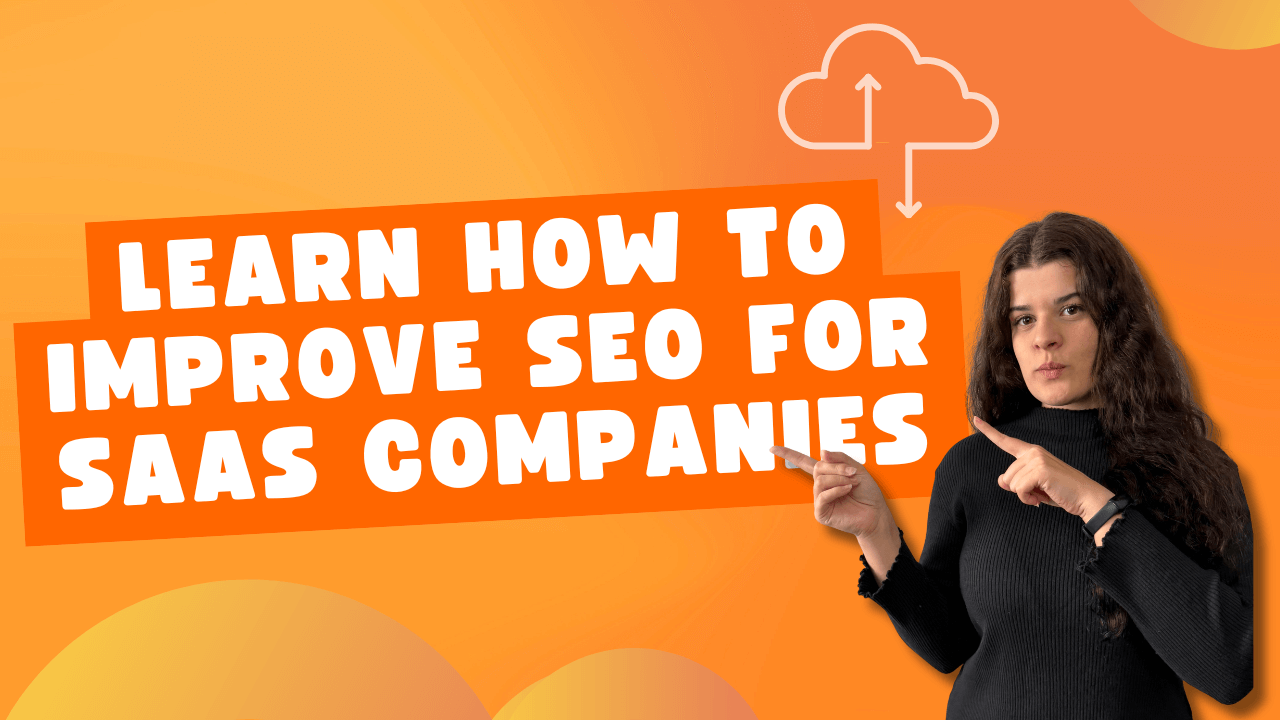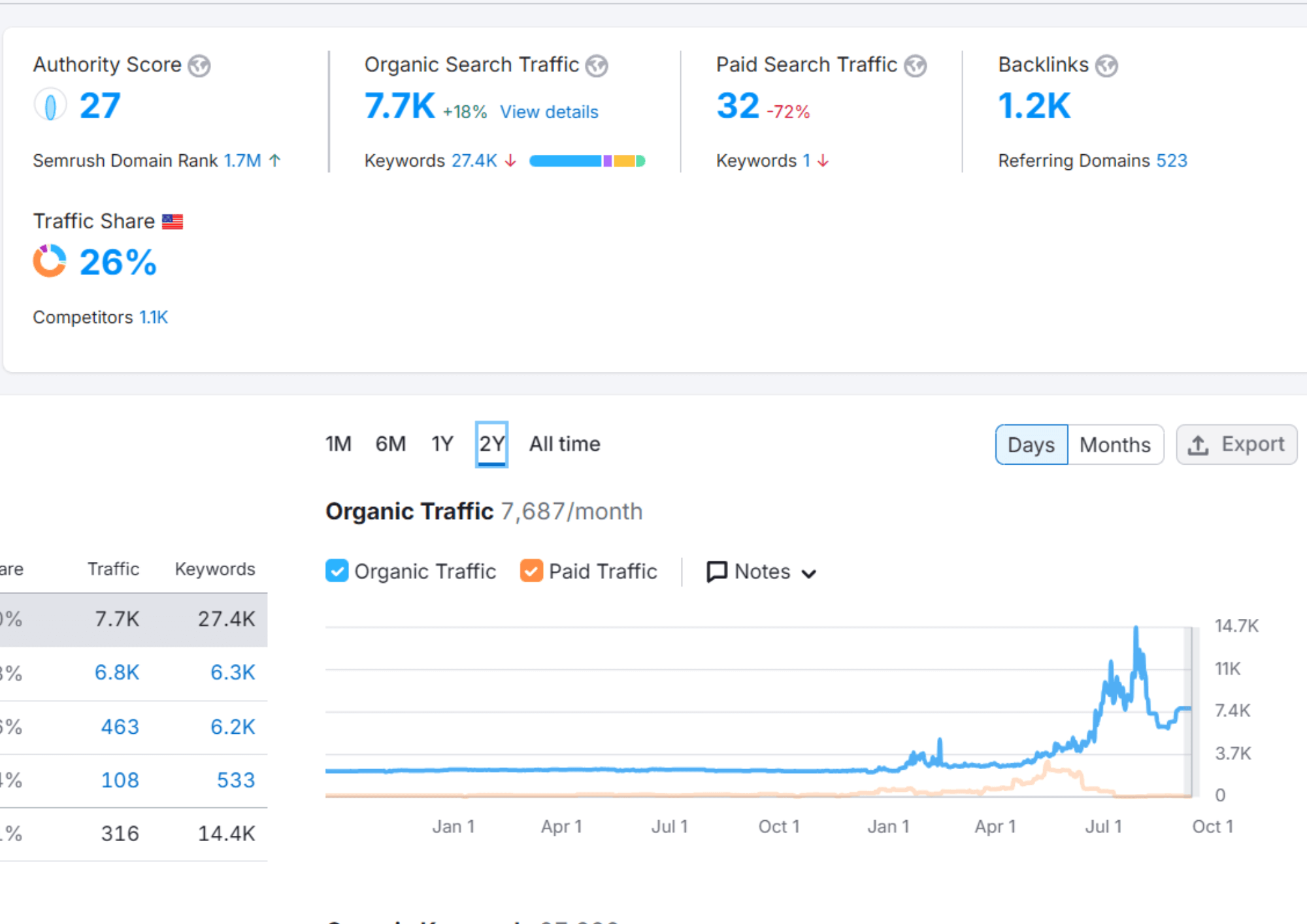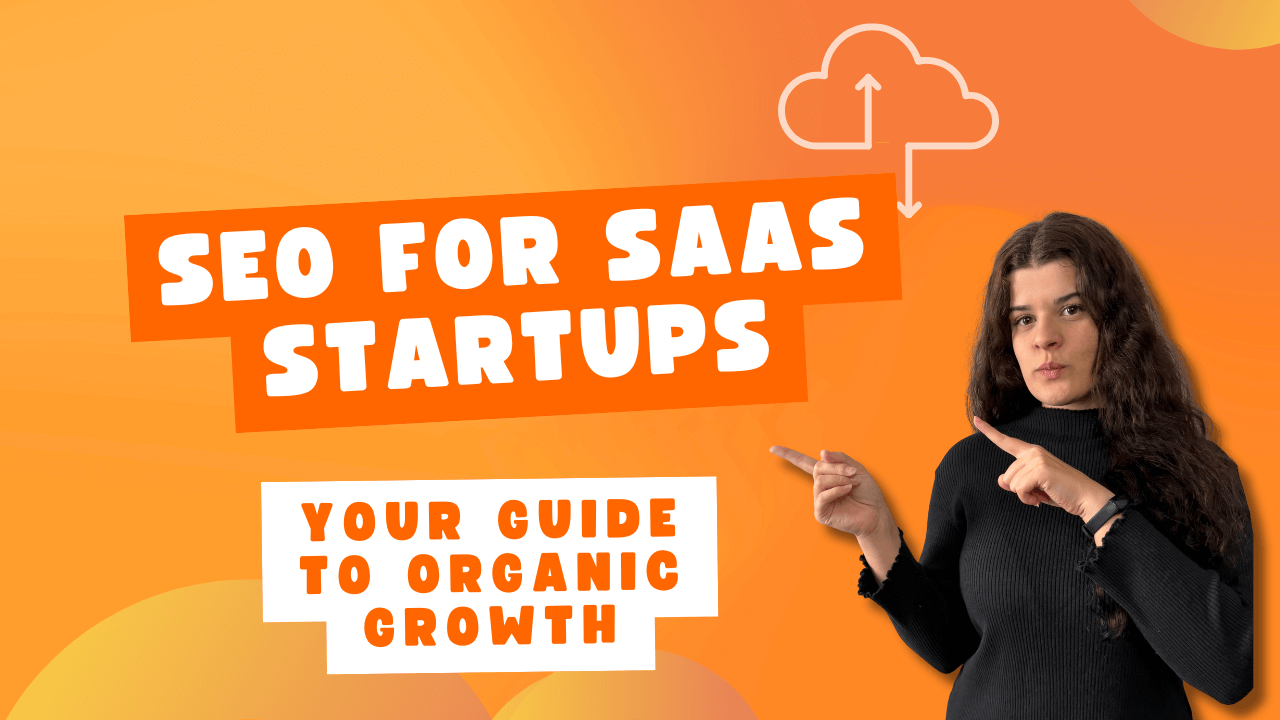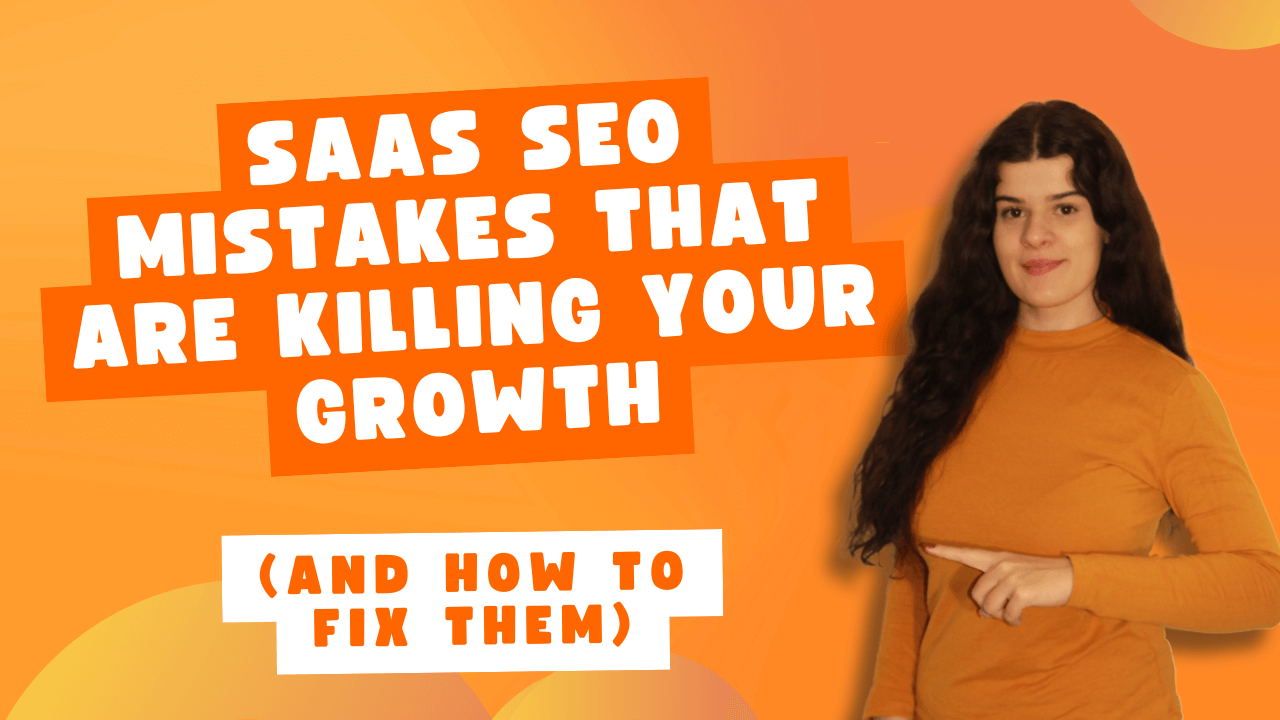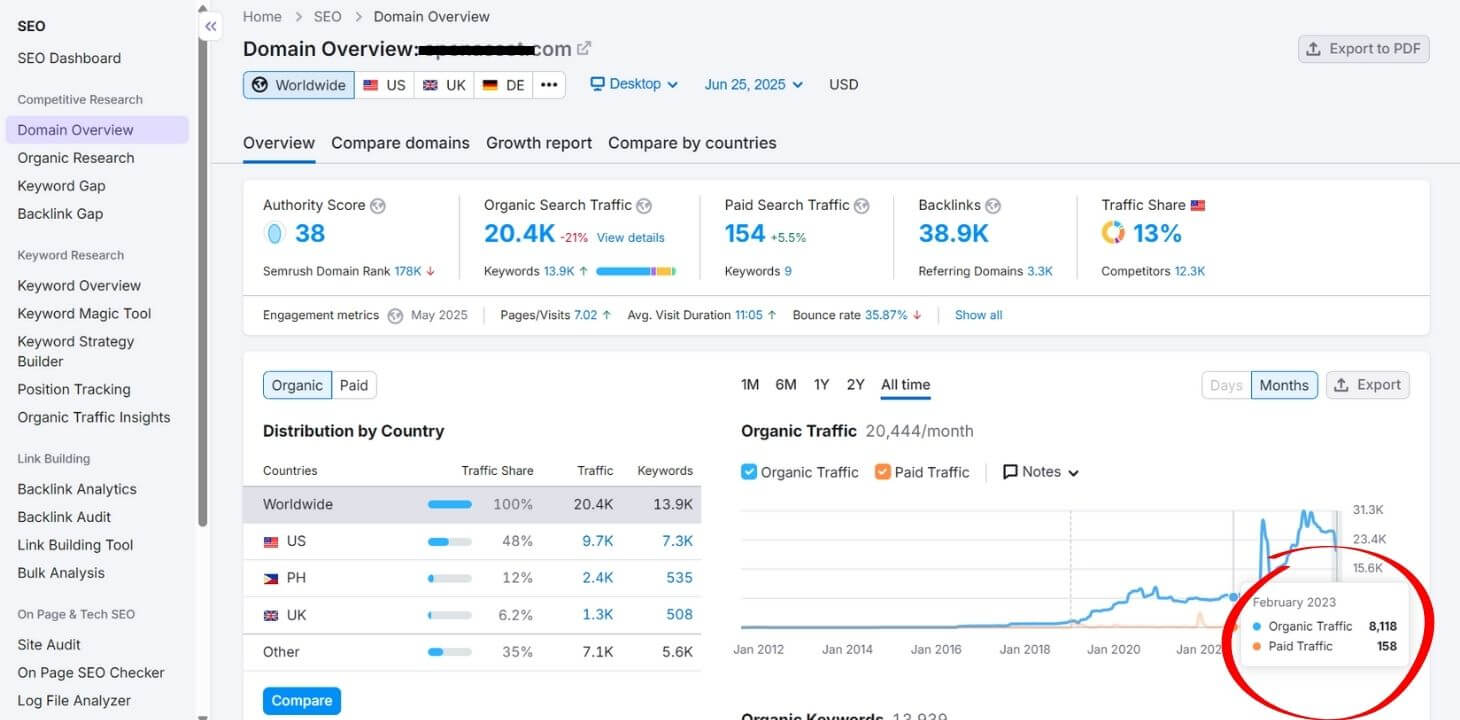There was a moment a few months ago, I think I’d just asked ChatGPT to break down a paper on capital flows—when I paused and thought,
“Is this what Google used to be for me?”
That moment has been happening for a lot of people. Ask around, and you’ll hear the same sentiment dressed in different words:
“Why Google it when I can just ask ChatGPT?”
In fact, Sam Altman, OpenAI’s CEO, recently said it out loud in a conversation with The Economic Times:
“ChatGPT is already doing much more than just replacing Google, it’s fundamentally changing how people seek and engage with information.”
It’s not a small claim. And it’s not wrong either.
We are in the middle of a shift. People are asking questions differently. We’re searching for nuance, summaries, shortcuts and increasingly turning to AI for it.
But here’s the strange part.
Despite all of that…
Google hasn’t gone anywhere.
And if anything, it’s still growing.
That’s what this report is about.
Not just how Google is still alive in the age of AI, but why. And at the center of that answer, oddly enough—is the one thing that most people had already written off:
SEO.
Table of Contents
So What’s Changed with AI?
Let’s start by giving credit where it’s due.
AI tools like ChatGPT, Gemini, Claude, and Perplexity are doing things Google Search simply can’t. Not because Google isn’t powerful, but because AI is built for conversation, not just navigation.
Ask Google, “How does Spotify’s recommendation engine work?” and you get a list of links.
Ask ChatGPT the same question, and you get a reasonably structured summary, often with analogies and maybe even a few links if it’s connected to the web.
That’s a different experience. And it’s changing what we expect from the act of “looking something up.”
We’re not just searching anymore. We’re asking. We’re refining. We’re conversing.
And in that shift, traditional search engines looked—at least for a moment—vulnerable.
But Google’s Numbers? Still Unshaken.
Let’s look at what the data actually says.
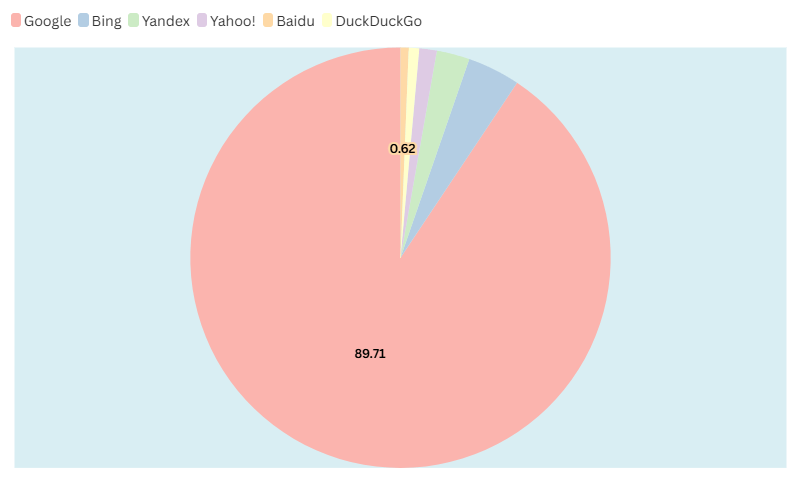
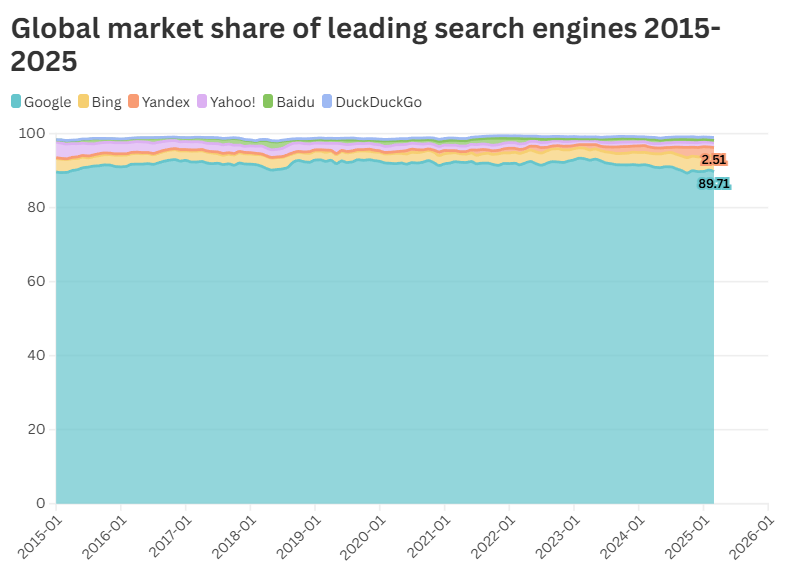
Google, despite all the noise, still holds nearly 90% of the global market. And this isn’t some one-off regional fluke. Here’s how the numbers stack up:
- India: 100% of desktop search traffic still flows through Google
- US: Over 75%
- Italy, Hong Kong, Brazil: Each above 83%
- South Korea is the only real outlier at ~57%, with Naver holding strong
Even more surprising? The top 10 most-searched terms globally in 2025 still sound like they belong to a classic Google era:
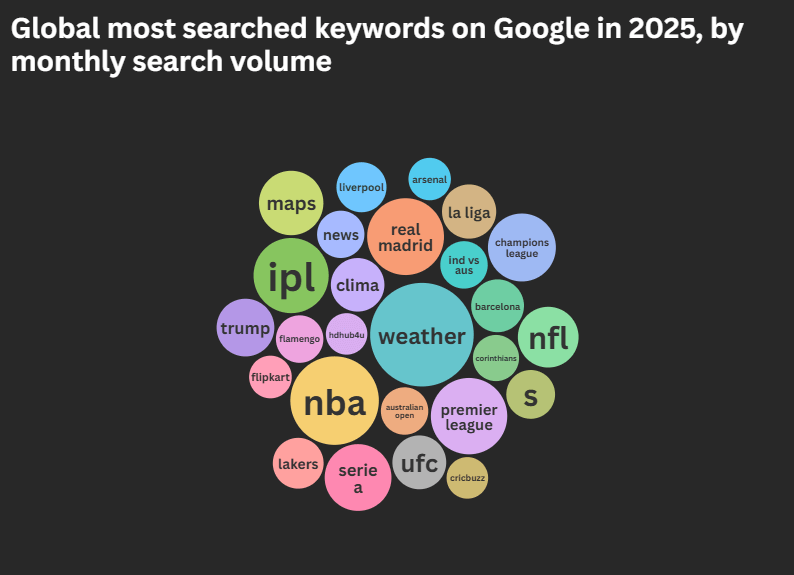
Think: weather, IPL, Real Madrid, Trump, NBA, maps.
These aren’t prompts for AI summaries. These are habitual searches. Fast, transactional, consistent.
And then there’s the money.
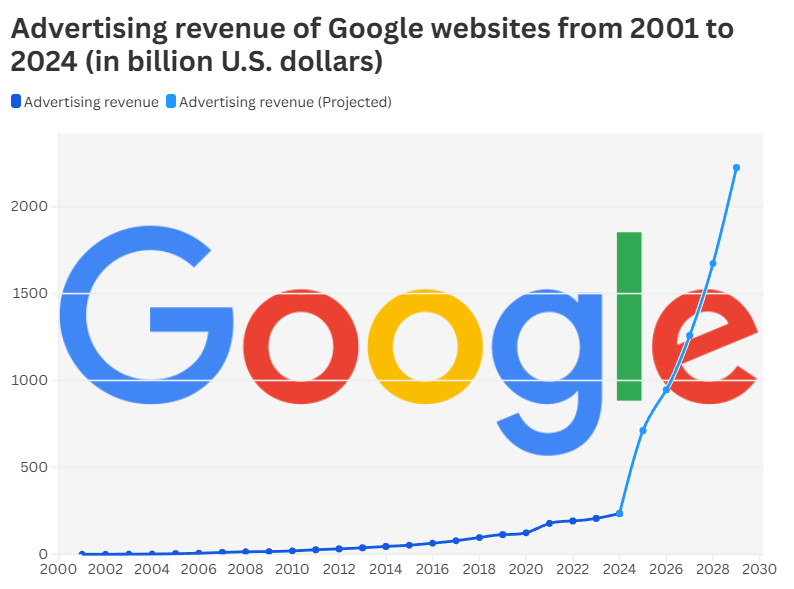
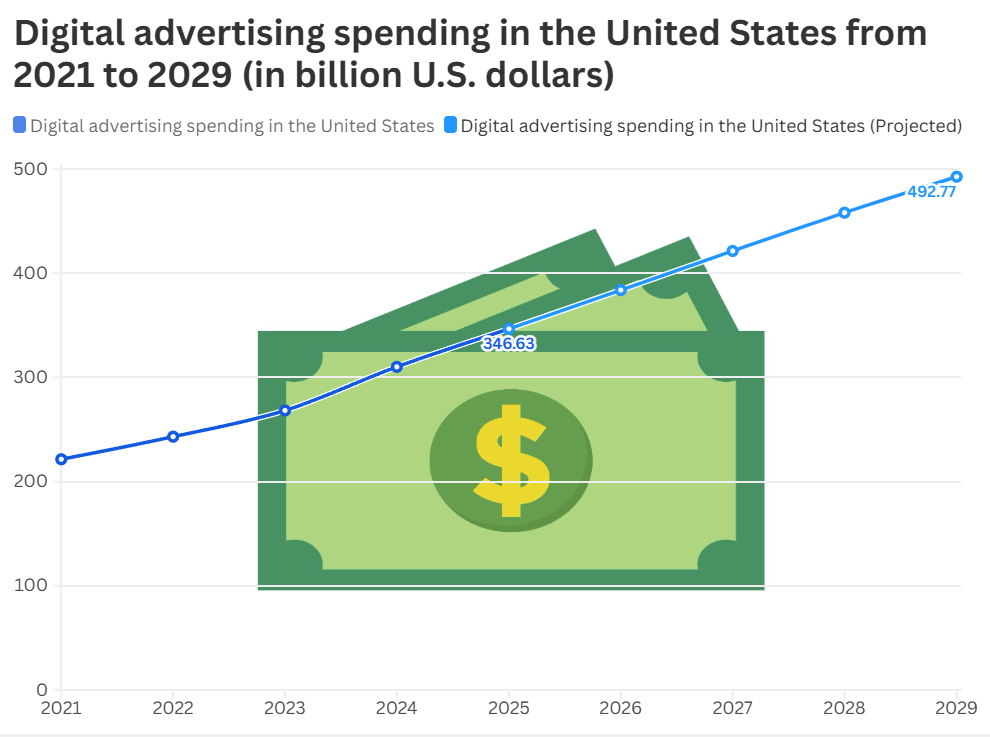
Google’s ad revenue is expected to cross $2000 billion by 2029. In the US alone, total digital ad spend is growing year on year.
That doesn’t happen to companies losing relevance.
That happens when a company knows how to evolve quietly while holding onto user behavior patterns no one else has cracked at scale.
The Silent Power of SEO (Even in an AI World)
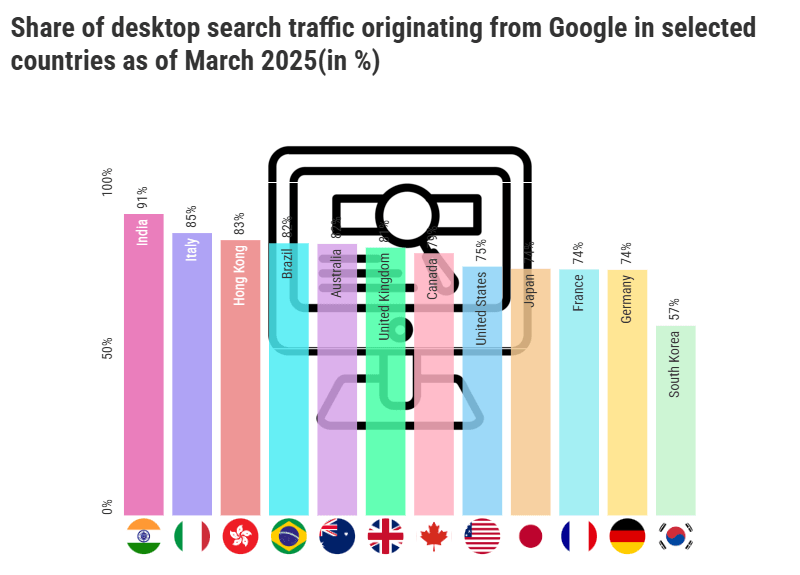
Here’s the piece no one talks about when they say “Google is dying.”
Even if AI changes how we ask, there are still millions of people who don’t want a paragraph—they want a page.
Even if AI can summarize a blog post, someone still has to write that blog post. And make it discoverable. And make it worth reading.
That’s where SEO slips back into the conversation.
Not the old-school “keyword stuffing” SEO. I’m talking about real SEO:
- The kind that answers a searcher’s actual question.
- The kind that organizes content so both humans and machines can parse it.
- The kind that helps your page show up not just on Google, but inside AI summaries.
And the craziest part?
This new AI-driven era might actually be reviving SEO, not replacing it.
AEO, GEO & the New Faces of SEO
There’s this false belief floating around that “SEO is dead.” And in the AI age, I sort of get it.
If an AI like Perplexity or ChatGPT just gives you an answer, why would anyone click through to a blog post?
But then you dig a little deeper—and you start noticing something strange.
Even AI needs to get its answers from somewhere.
Ask ChatGPT where it learned about Spotify’s algorithm. It’ll often say:
“Based on information from Spotify’s engineering blog, TechCrunch, Wired, and related articles.”
That’s SEO, hiding in plain sight.
This is where two new acronyms come in—AEO and GEO. They aren’t mainstream yet, but they’re quietly reshaping the rules for anyone who writes, builds content, or runs a brand.
AEO – Answer Engine Optimization
This is about optimizing your content not just to rank on Google, but to be understood and quoted by AI engines.
It’s about:
- Writing with structure (H1s, FAQs, definitions)
- Adding schema markup so AI can crawl context
- Making your content “quotable,” not just readable
The goal? You want an AI tool to pull your line when someone asks it a question.
GEO – Generative Engine Optimization
This one goes even deeper.
It’s not just about showing up on a search engine anymore—it’s about being one of the few “trusted sources” that AI tools pull from when they generate responses.
Think of it as brand positioning inside a neural network.
If you’re a fitness coach and Perplexity consistently references your newsletter… you’ve basically SEO’d yourself into AI.
Together, AEO and GEO are the new-age SEO.
And while most people are still optimizing for Google SERPs, the smartest content teams are starting to ask:
“Will this answer survive a prompt?”
That’s a different mindset. And it’s one that Google, interestingly enough, seems to be betting on too.
Google Isn’t Choosing—It’s Blending Search & AI
When Google launched SGE—Search Generative Experience—it didn’t just bolt AI onto search. It created something new.
Search results started to talk back.
You searched for “best project management tools for startups” and instead of a list of ads and blogs, you got:
- A short AI-generated summary
- Pros & cons
- Sources and context
- Then links
And that’s the genius of it.
Google isn’t trying to kill its own business model. It’s trying to upgrade it.
What they’re building is a hybrid:
- Index-based recall + generative inference
- Classic SEO + AI snippets
- Clickable ads + scrollable summaries
If this model works (and early tests suggest it does), Google could hold onto its search empire and offer a richer experience, without losing users to AI-native tools.
What This Means for You—The Strategist, The Brand, The Creator
Okay, cool story. But what do you do with all this?
If you’re building a business, writing content, managing clients, or simply trying to show up online—you don’t need to chase trends. You need to:
1. Keep showing up on Google
Don’t buy the “search is dead” hype. People still Google things like:
- “How to file GST as a freelancer”
- “Best marketing courses 2025”
- “How to make cold emails convert”
These aren’t questions people are asking AI yet. They’re real, transactional, SEO-worthy queries.
2. Format for humans and machines
AIs love:
- Clean headers
- Lists
- FAQs
- Clear definitions
- Sources and citations
Basically, write like you’re trying to teach, not impress.
3. Repurpose strategically
Turn one blog into:
- An Instagram carousel
- A YouTube Shorts script
- A quote that AI can pull from
- A Reels hook
- A Substack issue
The more surfaces you cover, the more likely you’ll be picked up by something—search or AI.
4. Build topical authority
If AI tools and Google both look for trusted, consistent sources, you win by becoming one.
Pick a niche. Go deep. Show up weekly. It works.
Google’s Moat Isn’t Search—It’s Behaviour
If you take one thing from this report, let it be this:
Google doesn’t just dominate search. It dominates how people behave online.
That’s much harder to disrupt.
We don’t “search the internet.” We “Google it.”
We don’t “ask questions.” We “look things up.”
Maps? Gmail? YouTube? Chrome? Android?
Google doesn’t just have data. It has us—our habits, our shortcuts, our defaults.
And that’s why it doesn’t break when AI makes waves. It bends. Adapts. Adds a summary bar on top. Keeps going.
Final Thought – Maybe SEO Isn’t Dying, It’s Just Evolving Again
There’s a pattern here.
Every time technology shifts—voice search, mobile-first, AI—someone declares SEO dead.
But somehow, it keeps mutating.
Not because the acronym is magical, but because the core idea behind it never really changes:
Make useful content findable.
That’s it. That’s always been it.
Now, the way we define “useful” or “findable” might shift.
Today it means being crawlable by AI. Tomorrow it might mean being spoken aloud by voice assistants. But the job stays the same.
And for Google, that job, powered by SEO, shaped by new rules, backed by human habits, might be the very reason it still has a future.
Even in an AI world.
Follow us on:
for more


